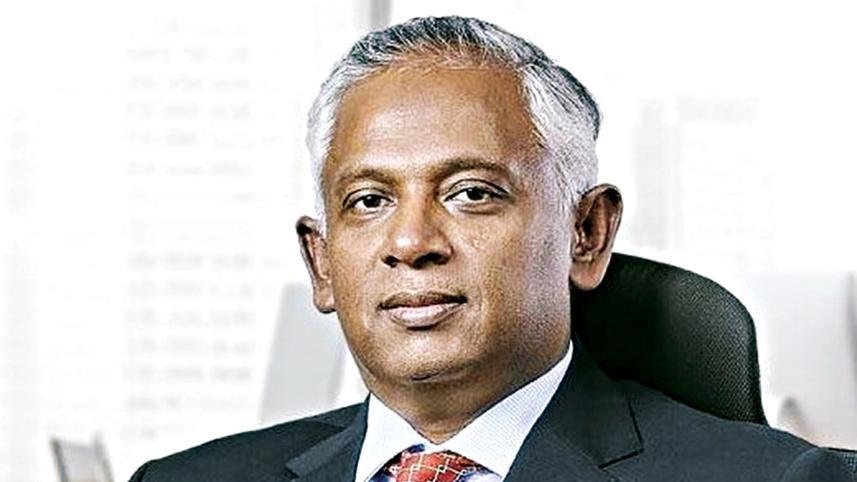Effective decision-making: No debate, no decision

Debate in our culture, be it in the family or at work, is often considered "beyadobi", particularly when one is challenging the authority of those who are senior by position or age. Debate can also be considered a taboo in many cultures and even in successful businesses.
On the other hand, nobody wants to be branded as a Beyadob either! We all have people in our lives who have the tell-tale "know it all", "done it all", "don't teach me" syndrome. But have we ever realised how complicated life gets in having such people in our families, friends' circle or workplace? There was a time and age when this syndrome was more acceptable and was almost a norm in the culture. But is it still the case today?
In this age of digital transformation, the theories of management and leadership are equally dynamic. In order to cope with such dynamic changes, it is imperative to be openminded and listen to diversified opinions and consider multiple options, or else one would be termed as "boxed" or having a closed mind with a short vision.
We all have in our lives that boss who imposes his own thinking and understanding on his subordinates and colleagues without looking at the probable options! This tendency to impose opinions without allowing any debate is outdated to say the least. Unfortunately, Bangladesh has more than a fair share of such decisionmakers or bosses at both government and the private sector, impacting the work culture adversely and pulling us behind the global trend.
Bringing about a change in an existing culture can never be achieved overnight. But it is possible with greater awareness and the right attitude.
In order to drive such a cultural change in our organisations, it is important to encourage disagreement within the team to accomplish certain achievements: (1) prevent the decisionmakers from becoming the prisoner of his or her own thoughts; (2) disagreement alone opens the door to alternatives/options; (3) stimulate the imagination; and (4) encourage collective thinking.
In today's global work culture, the ideal decision-making process is considered effective only when certain conditions prevail.
Firstly, those involved are free from any presumption that the key decisionmaker is thinking right and the others are wrong! Secondly, one enters the decision-making process not only with facts available with him alone. Thirdly, it is not recommended that one harbours thoughts like "others don't know as much as I know". Lastly, having an attitude like "I have a bigger picture which others don't, or I am more experienced and hence that is why I am where I am today".
The ideal decisionmaker should start with the commitment to achieve the best solution by creating options, figuring out why employees disagree, consulting diversified groups of people irrespective of gender, age, socio-economic background, functional diversity etc.
It is also important to recognise that no individual has all the information, even if he or she happens to be at the top of the company or the country although very often we are biased by our narrow vision shaped by factors such as media and social conditions and so forth.
The culture of effective decision-making starts from the top of the organisation and functions. Hence senior leaders of an organisation may consider the following models on decision-making:
(1) Articulate the hypothesis keeping problem statement in mind. The effective leaders don't argue the hypothesis but test it with required facts (not available facts) on the available options.
(2) The leaders ask, what facts do we need to test the validity of the hypothesis.
(3) Identify creative and innovative options by discussing and debating with diversified sets of people and be a good listener! Debate does not take away one's authority but only helps engage with the team more effectively.
We, as a nation, love to debate but it is also important to keep a track of time to avoid wasting time on unproductive debate. If decisions are taken based on the above model, then the team must focus on execution excellence to deliver the desired result. Effective decision-making must be teamed with fine execution for the best results.
The author is a telecom and management expert. He can be reached at mahtab3210@gmail.com.




 For all latest news, follow The Daily Star's Google News channel.
For all latest news, follow The Daily Star's Google News channel.
Comments